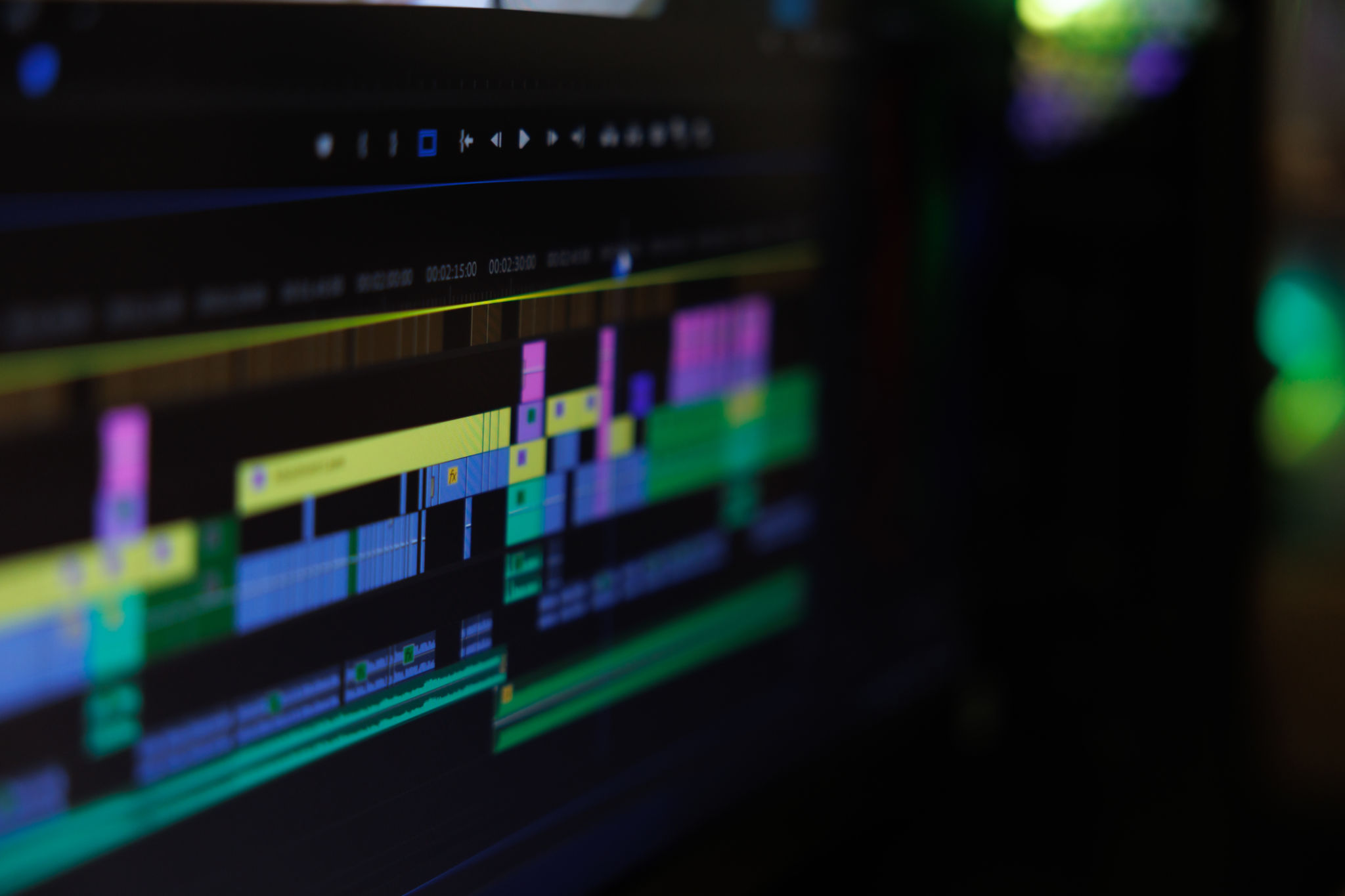Mastering Media Production: A Comprehensive Guide for Beginners
Th
Understanding the Basics of Media Production
Media production is an exciting and dynamic field that involves creating content for various platforms such as television, film, radio, and digital media. For beginners, entering this world can seem daunting, but with the right guidance and resources, anyone can master the foundational skills needed to succeed. The first step is to understand the core components of media production: pre-production, production, and post-production.
Pre-production involves planning and preparing all elements before the actual content creation begins. This stage includes scriptwriting, storyboarding, location scouting, and budgeting. Being thorough in this phase ensures a smoother production process. Production is where the actual filming or recording takes place. It involves managing equipment, directing talent, and capturing audio and video footage. Post-production consists of editing, sound design, and effects, which bring the final product to life.

Essential Skills for Media Producers
A successful media producer should possess a variety of skills beyond technical expertise. Creativity and storytelling are at the heart of media production. Crafting compelling narratives that engage audiences is crucial. Additionally, strong organizational skills are necessary to manage the complexities of production schedules and resources effectively.
Technical skills are equally important. Understanding how to operate cameras, lighting equipment, and audio gear is essential for capturing high-quality content. Moreover, proficiency in editing software like Adobe Premiere Pro or Final Cut Pro can significantly enhance a producer's ability to craft polished final products.
Choosing the Right Equipment
Investing in the right equipment can make a substantial difference in the quality of your productions. However, beginners often feel overwhelmed by the vast array of tools available. It's important to start with the essentials: a reliable camera, good lighting equipment, and quality audio recording devices.

As you gain experience and confidence, you can gradually expand your toolkit to include more specialized items such as drones or stabilizers. Remember that while high-end equipment can enhance production quality, creative storytelling and effective planning often have a more significant impact on audience engagement.
Developing a Portfolio
Building a strong portfolio is critical for showcasing your skills and attracting potential clients or employers. Start by working on small projects or collaborating with peers to create diverse content samples. This not only helps in honing your craft but also demonstrates your ability to work in different styles and genres.
Additionally, sharing your work on platforms like YouTube or Vimeo can increase your visibility and reach a broader audience. Engaging with online communities can also provide valuable feedback and networking opportunities.

Navigating Industry Opportunities
The media production industry offers a wide range of opportunities across various sectors, from entertainment to corporate communication. To find your niche, explore different areas such as documentary filmmaking, advertising, or digital content creation. Each sector has unique demands and offers diverse career paths.
Networking is a vital aspect of succeeding in media production. Attend industry events, participate in workshops, and connect with professionals through social media platforms like LinkedIn. Building relationships with experienced individuals can open doors to exciting projects and collaborations.
Staying Current with Trends and Technologies
The media landscape is constantly evolving with new technologies and trends. Staying informed about these changes is crucial for maintaining relevance in the industry. Engage with industry publications, blogs, and podcasts to keep up-to-date with innovations such as virtual reality, augmented reality, and live streaming.

Continuous learning through online courses or certifications can also help you acquire new skills and stay competitive. Embracing change and adapting to new methodologies can significantly enhance your career prospects in media production.
Conclusion
Mastering media production requires dedication, creativity, and a willingness to learn. By understanding the foundational elements, developing essential skills, selecting appropriate equipment, and staying informed about industry developments, beginners can establish themselves as competent media producers. With passion and perseverance, the possibilities in this dynamic field are limitless.
